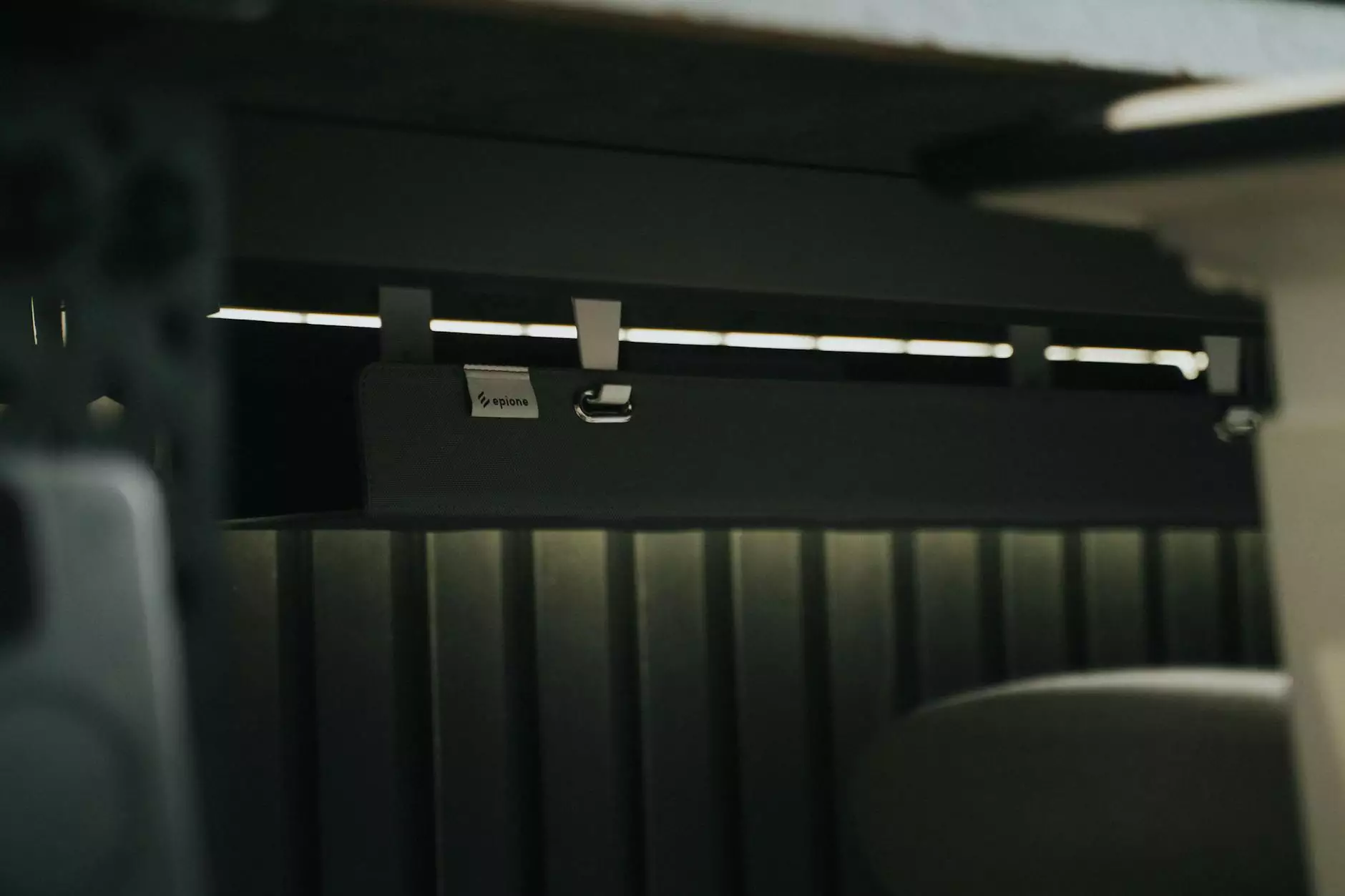Mastering American Heart Association PALS Renewal: A Guide for Health Professionals

The American Heart Association (AHA) Pediatric Advanced Life Support (PALS) renewal course is a crucial step for healthcare professionals aiming to ensure the best possible care for pediatric patients. In this comprehensive guide, we will delve into the significance of PALS certification, particularly the renewal process, and provide valuable insights to aid health professionals in their pursuit of excellence.
Understanding PALS Certification
The PALS certification is designed to equip healthcare providers with the skills and knowledge necessary to manage critically ill children. By participating in this program, individuals learn how to recognize and respond to emergencies, thus minimizing potential risks faced by young patients. The need for an annual or biennial renewal is paramount due to the evolving nature of medical best practices and guidelines.
Why is PALS Renewal Crucial?
PALS renewal serves several essential purposes in the medical field:
- Keeping Knowledge Current: Medical practices continuously evolve. Regularly updating one's knowledge through PALS renewal helps providers stay informed about the latest protocols and techniques.
- Enhancing Patient Outcomes: Proper training and certification directly correlate with improved patient care. Understanding the most effective methods in pediatric emergencies can save lives.
- Building Confidence: Renewal courses enhance a professional's competence, enabling them to handle stressful situations with authority and assurance.
- Compliance with Healthcare Standards: Many employers require current PALS certification to ensure compliance with regulatory standards and accreditation bodies.
PALS Renewal Course Structure
The structure of the PALS renewal course is designed to incorporate a mix of theory and practical applications. Here’s what you can typically expect:
Duration and Format
The course generally spans between 8–16 hours, depending on the provider's formats, including:
- Online Modules: Self-paced online learning that covers essential concepts.
- Hands-on Training: In-person or simulated training to practice skills under real-world conditions.
Course Content
The curriculum includes:
- Assessment and Understanding: Performing vital assessments on pediatric patients.
- Effective Interventions: Learning advanced intervention techniques specific to pediatric emergencies.
- Team Dynamics: Enhancing teamwork and communication in emergency situations.
How to Prepare for the PALS Renewal Course
Preparation is key to success in the PALS renewal process. Here are some strategies:
Review Current Guidelines
Before attending the renewal course, healthcare providers should review the latest AHA guidelines. Familiarizing oneself with the current practices ensures that participants walk into the course equipped with foundational knowledge.
Practice Skills Frequently
Hands-on practice is essential. Providers are encouraged to utilize simulators or practice on manikins to develop muscle memory for high-pressure scenarios they may face.
Engage in Group Learning
Joining a study group can facilitate discussions around challenging concepts, providing an opportunity to engage with peers and refine skills collaboratively.
The Benefits of Renewing Your PALS Certification
Beyond compliance and job requirements, renewing your PALS certification offers profound personal and professional benefits:
- Networking Opportunities: Engaging with fellow healthcare professionals can build valuable connections and resource sharing.
- Pursuing Advanced Training: Renewing opens doors to more advanced training courses and certification opportunities within pediatric care.
- Personal Satisfaction: There's a sense of fulfillment in mastering life-saving techniques and contributing positively to patient care.
Finding a Reliable Training Provider
Choosing the right provider for PALS renewal is essential for gaining a comprehensive learning experience. Here’s what to look for:
- Accreditation: Ensure the provider is accredited by the AHA or other relevant bodies.
- Instructor Qualifications: Look for courses taught by seasoned professionals with real-world experience.
- Positive Reviews: Research for feedback from past participants regarding their learning experience.
Conclusion
In summary, the American Heart Association PALS renewal is more than just a certification requirement; it’s an opportunity to enhance your skills, improve patient outcomes, and remain compliant with the high standards of healthcare practice. By prioritizing your education and skills through the PALS renewal course, you are not only investing in your career but also in the safety and welfare of the children you serve.
Get Started with Your PALS Renewal Today
If you haven't yet considered your PALS certification or are due for a renewal, visit goacls.com to explore comprehensive resources and course offerings designed to meet your professional development needs. Equip yourself with the latest emergency response strategies and make a lasting impact in pediatric healthcare.









